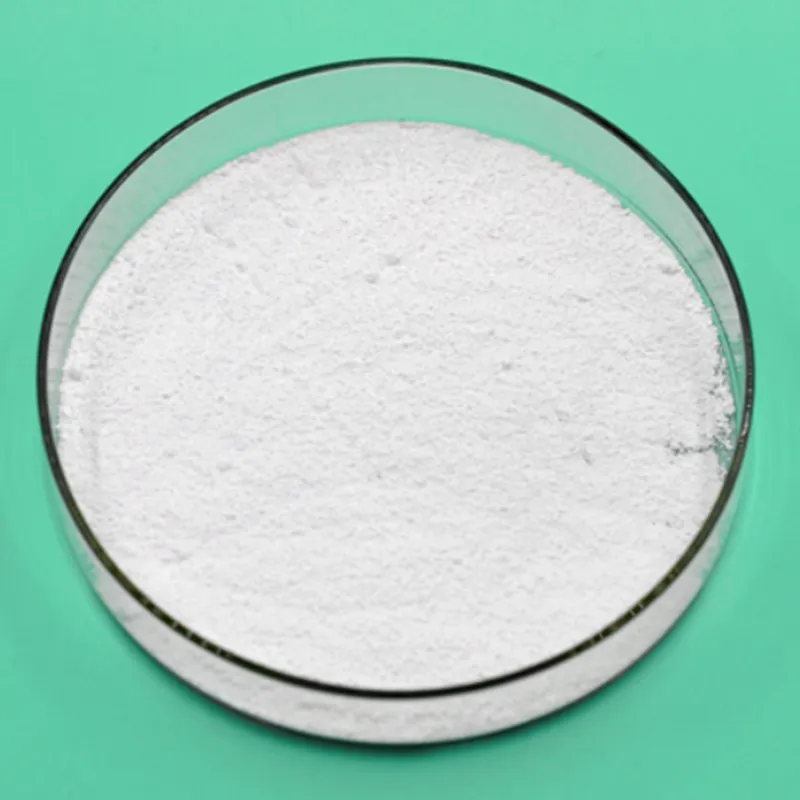
table salt additives
The Role of Salt Additives in Food Processing
Salt has long been a fundamental ingredient in food preservation, flavor enhancement, and the overall culinary experience. However, beyond its role as a basic seasoning, salt can also serve as a carrier for various additives that enhance food quality, safety, and shelf-life. This article delves into the various salt additives, their purposes, and their impact on food processing.
Historical Context of Salt Additives
Salt has been used since ancient times, not only for flavoring food but also for preserving it. However, the introduction of salt additives revolutionized food processing in the 20th century. These additives are combined with salt to fulfill specific functions, optimizing food products for consumers. Among the most common salt additives are iodine, potassium, and various anti-caking agents.
Common Salt Additives
1. Iodine One of the first widespread salt additives was iodine, introduced to combat iodine deficiency disorders. Iodized salt has significantly reduced the prevalence of goiter and other health issues related to iodine deficiency, particularly in areas where seafood—the natural source of iodine—is scarce.
2. Potassium For health-conscious consumers, potassium chloride is often used as a lower-sodium alternative to regular salt. This additive helps those with high blood pressure or cardiovascular issues by allowing them to enjoy the flavor of salt while reducing their sodium intake.
3. Anti-Caking Agents To enhance the functionality of table salt, various anti-caking agents, such as calcium silicate and magnesium carbonate, are added. These additives prevent clumping and ensure that salt remains free-flowing, making it easier to use in cooking and food preparation.
Benefits of Salt Additives
table salt additives

The use of salt additives in food processing offers numerous benefits. First and foremost, iodine and potassium additives contribute to public health by addressing nutritional deficiencies. They offer consumers healthier options while maintaining the sensory qualities of food. Additionally, anti-caking agents improve the usability of salt, which is particularly important in industrial food production.
Salt additives also play crucial roles in food preservation. By inhibiting the growth of harmful bacteria, yeast, and molds, salt helps extend the shelf-life of various products. This is particularly vital in processed foods, where longer shelf life is necessary for distribution and consumption.
Health Considerations
While salt additives provide significant benefits, it is essential to address health concerns associated with excessive salt consumption. High sodium intake has been linked to hypertension and cardiovascular diseases. Thus, the food industry faces the challenge of balancing flavor enhancement and preservation with health considerations. As a result, manufacturers are exploring alternative preservation methods and reducing sodium levels while maintaining product quality.
The Future of Salt Additives
Looking ahead, the role of salt additives is likely to evolve as consumer preferences change and the demand for healthier food options continues to rise. Natural and organic additives are gaining traction as consumers become more aware of the ingredients in their food. Consequently, the food industry must adapt by offering products that address both health and safety concerns while maintaining flavor and quality.
Research is also ongoing into the development of novel salt additives that can provide enhanced functionality without the health drawbacks of traditional salt. Innovations may include the use of plant-derived seasonings or other mineral-based substitutes that offer similar benefits but with lower sodium content.
Conclusion
Salt additives are an essential aspect of modern food processing, contributing to flavor, preservation, and nutritional improvements. As the food industry continues to innovate and respond to consumer demands for healthier options, the role of these additives will likely expand, highlighting the need for a balanced approach to food safety and health. Understanding the significance of salt additives is key to appreciating their contribution to our diets and the overall food landscape.
-
nitrile-rubber-honoring-strict-production-standardsNewsAug.22,2025
-
aspartame-ingredients-honoring-food-safety-valuesNewsAug.22,2025
-
fertilizer-for-balanced-plant-nutritionNewsAug.22,2025
-
cyanide-gold-processing-with-high-purity-additivesNewsAug.22,2025
-
formic-acid-in-textile-dyeing-applicationsNewsAug.22,2025
-
aluminum-hydroxide-gel-in-skincare-productsNewsAug.22,2025
-
Regulatory Compliance for Global Mining Chemicals UseNewsAug.12,2025
Hebei Tenger Chemical Technology Co., Ltd. focuses on the chemical industry and is committed to the export service of chemical raw materials.
-

view more DiethanolisopropanolamineIn the ever-growing field of chemical solutions, diethanolisopropanolamine (DEIPA) stands out as a versatile and important compound. Due to its unique chemical structure and properties, DEIPA is of interest to various industries including construction, personal care, and agriculture. -

view more TriisopropanolamineTriisopropanolamine (TIPA) alkanol amine substance, is a kind of alcohol amine compound with amino and alcohol hydroxyl, and because of its molecules contains both amino and hydroxyl. -

view more Tetramethyl Thiuram DisulfideTetramethyl thiuram disulfide, also known as TMTD, is a white to light-yellow powder with a distinct sulfur-like odor. It is soluble in organic solvents such as benzene, acetone, and ethyl acetate, making it highly versatile for use in different formulations. TMTD is known for its excellent vulcanization acceleration properties, which makes it a key ingredient in the production of rubber products. Additionally, it acts as an effective fungicide and bactericide, making it valuable in agricultural applications. Its high purity and stability ensure consistent performance, making it a preferred choice for manufacturers across various industries.





